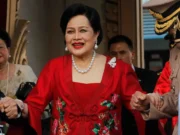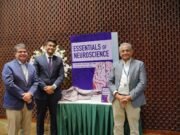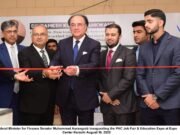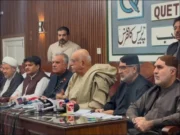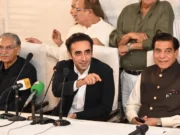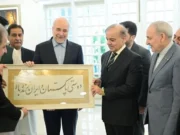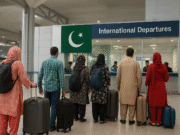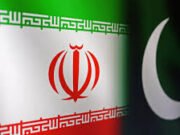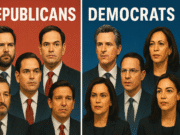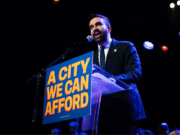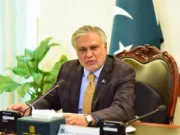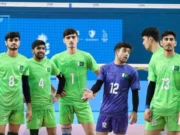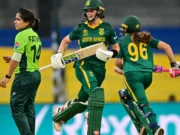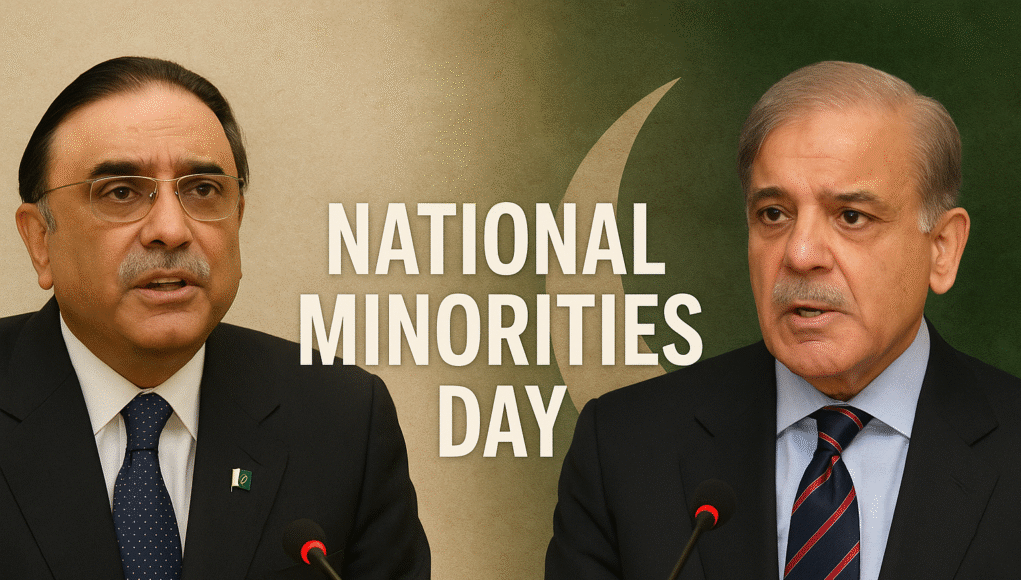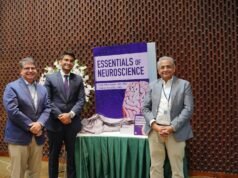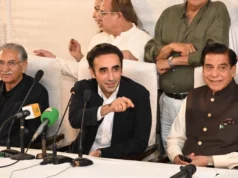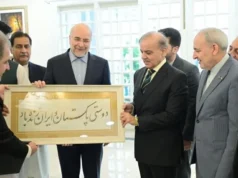ISLAMABAD: Pakistan’s top leadership, including President Asif Ali Zardari and Prime Minister Shehbaz Sharif, on Monday reiterated the nation’s resolve to safeguard the rights, welfare, and inclusion of minority communities, paying tribute to their contributions to the country on the occasion of National Minorities Day.
Observed annually on August 11, the day commemorates Quaid-i-Azam Muhammad Ali Jinnah’s historic address to the Constituent Assembly in 1947, in which he stressed equal rights for all citizens regardless of religion. It aims to highlight the political, religious, and socio-economic rights of minorities in Pakistan.
In his message, President Zardari said the occasion reflected Jinnah’s vision of a Pakistan “where every citizen lives in equality, harmony, and mutual respect.” He reaffirmed the government’s commitment to promoting interfaith harmony, brotherhood, and unity, adding that the Constitution guarantees equal rights to all citizens “irrespective of religion, caste, creed, or colour.”
“Pakistan stands resolutely against all forms of discrimination, extremism, and religious intolerance,” he said, noting the contributions of minorities in the armed forces, judiciary, civil services, education, and healthcare. He also highlighted initiatives such as the National Commission for Minorities, the Minorities Welfare Fund, preservation of places of worship, and scholarships for minority students.
Prime Minister Shehbaz Sharif, in his statement, praised minorities for their patriotism, professional dedication, and role in national development, stressing that their welfare was “one of the priority duties of the government of Pakistan.” He said protecting minority rights was not only a constitutional obligation but also a religious duty, and called on all citizens to uphold unity, tolerance, and mutual respect.
Other leaders also marked the occasion. PPP Chairman Bilawal Bhutto-Zardari described diversity as Pakistan’s “true strength and beauty” and termed the safeguarding of minority rights an “unbreakable pillar” of the country’s democratic vision. Federal Human Rights Minister Azam Nazeer Tarar urged the nation to work towards “a Pakistan where diversity is celebrated, unity is our strength, and justice remains our guiding principle.”
Sindh Chief Minister Murad Ali Shah, speaking at a Hindu temple in Karachi, reaffirmed the province’s tradition of religious tolerance rooted in Sufi teachings and promised firm action against any incidents targeting minorities. The Sindh Workers Welfare Board also announced it would extend its upcoming electric bike scheme to industrial workers from minority communities.
Despite official pledges, religious freedom challenges persist, with rights groups and international observers noting incidents of mob attacks, forced conversions, and misuse of blasphemy laws. Last month, State Minister for Religious Affairs Kesoo Mal Kheal Das acknowledged that minorities face governance and administrative issues, adding that legislation for the establishment of the National Commission for Minority Rights has been passed by parliament and awaits presidential assent.



